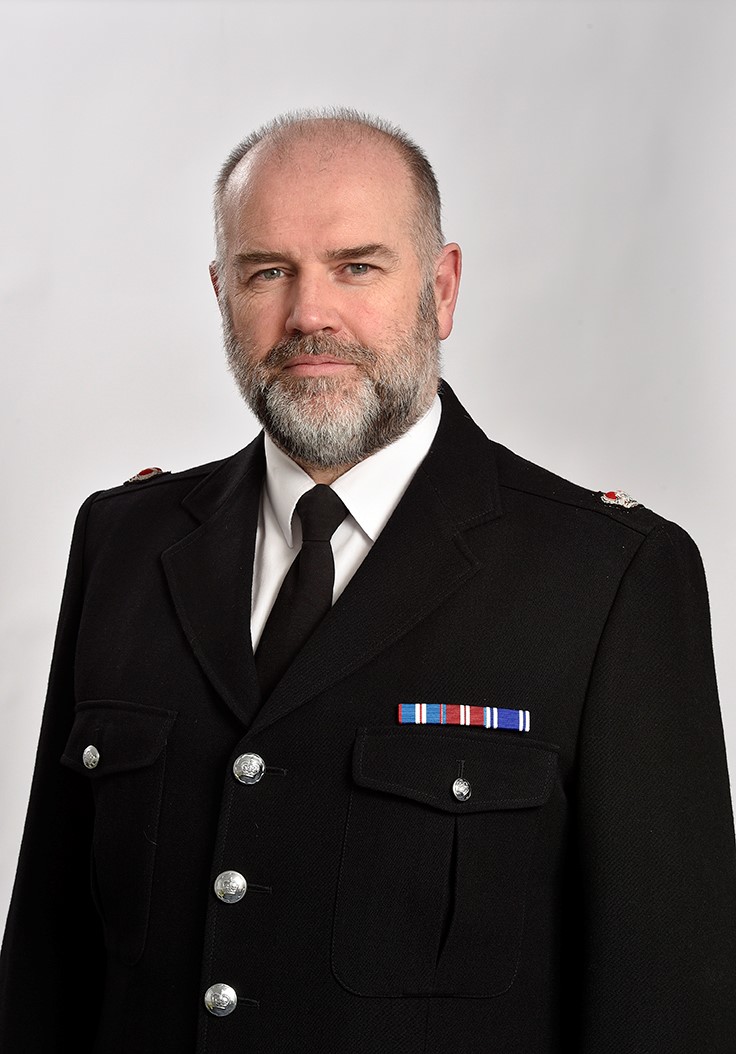News and presentations from today's Caldicott Guardian & The Police conference, focusing on Information sharing between the police and health services for prevention, early intervention and care purposes.
Chairman’s Introduction: Caldicott and Information Sharing with The Police - An overview
 Christopher Fincken Former Chair
Christopher Fincken Former Chair
UK Caldicott Guardian Council
• why do police need to see health records? an outline of the Legal and Ethical Criteria
• experiences of Caldicott Guardians in working with the police
• the guidance on Police information requests to NHS Organisations, GPs and other healthcare providers in respect of potential homicide investigation, proof of life enquiries and more general enquiries to trace missing persons
Christopher discussed the challenge of complying with the law and making the right decision in relation to information sharing. He said; "What is legal, is not necessarily the same as what is right", ethical values of society change over time and it takes a while for the law to catch up. What is right is more subjective, it's a matter of balancing thinking and feeling. It's important to listen to intuition as that's based on your lifetime experience and wisdom. Christopher considered who decides what is right, and right for whom, saying Information Governance is about asking "can you do this legally and if so how?" Whereas the Caldicott Guardian should think "Should you do it, or you should you not?" It may be legal but should you do it - what are the consequences, could it damage trust for example? Christopher said the Caldicott Guardian is the gate keeper of individuals' information, they are the conscience of the organisation.
Christopher said people should know how their information will be used and Caldicott Guardians should be accessible for patients and service users to discuss the use of the confidential information. In relation to requests from the police, Christopher said there has been an erosion of trust and unsubstantiated requests do happen. He said it's important to build relationships and understand what should and should not be shared with the police, you need to know all the factors for deciding whether to share.
Caldicott and Information Sharing: The Police Perspective
 Supt. Stan Gilmour Director
Supt. Stan Gilmour Director
Thames Valley Violence Reduction Unit
• why do police need to see health records?
• experiences of a senior police officer
• understanding the practicalities and implications of information sharing with the police: case studies
Stan said there are different reasons why police may ask for information. New Serious Violence legislation places a duty on partners working together. He said there are legal gateways police rely on to share information and there is more than one route. Stan said information requests must be necessary and proportionate. Information Sharing principles help ensure requests are ethical, relevant, accurate and timely. Relationships between agencies need to be built so both sides understand the issues and there is less confusion. Stan outlined factors to consider to make a decision to share, including:
- what are the objectives that underpin the request
- is the request rationally connected with that objective
- is the requested information necessary in order to achieve the objective, or is there a less intrusive option?
- does the measure achieve a fair balance between the interests of the individual(s) affected and the wider community?
- what is the justification (e.g. how serious is the offence v how intrusive is the request?
